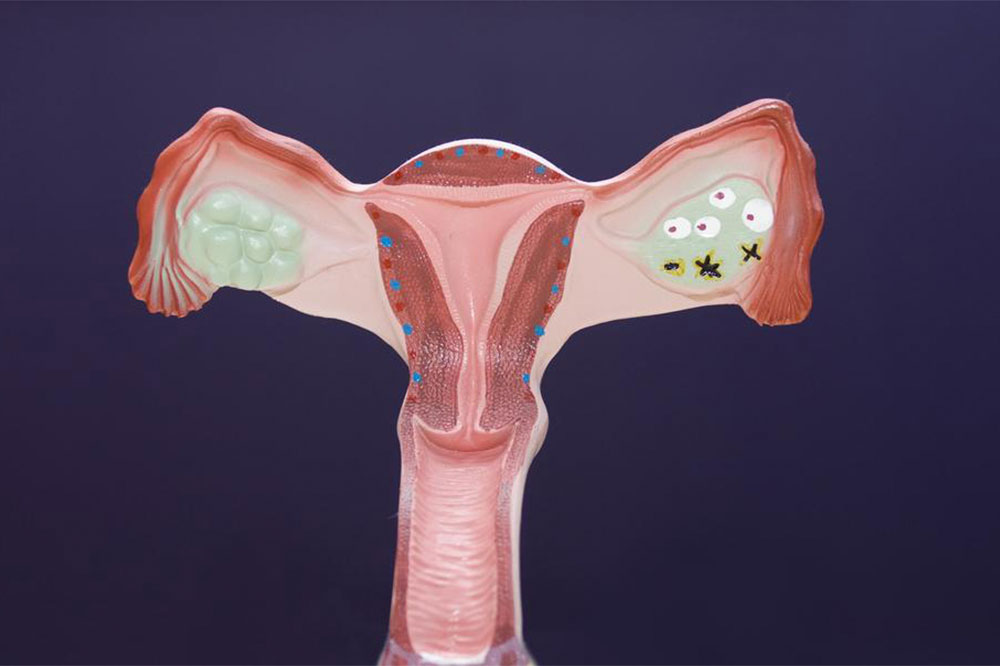
Risk Factors for Ovarian Cancer
Ovarian cancer is cancer that primarily impacts the ovaries. The ovaries are an important part of the female reproductive system, as it is where the eggs are. Ovarian cancer often goes undetected for a long period, due to its symptoms being mistaken for other conditions. And at a later stage, it is tougher to treat. This makes it crucial to be aware of the symptoms and risk factors for ovarian cancer.
So, let us take a look at some of the risk factors for ovarian cancer:
Old age
According to research, women who have crossed the age of 50 years fall into a high-risk bracket of developing ovarian cancer. In most cases, the condition occurs in women who have completed menopause. Yet, this does not mean that women under the age of 50 years cannot get cancer. Women under the age of 50 might get ovarian cancer if they have a family history of this disease. When it comes to a family history of ovarian cancer, women who are in the high-risk group are those who have inherited mutations of the BRCA2 and BRCA1 gene. They should thus get regular checks done.
Excessive body weight
This is not a major factor in developing ovarian cancer but it does play a role. Being obese can lead to the risk of ovarian cancer in women who do not have any family history of the disease. Obesity can be determined by looking at the Body Mass Index (BMI) of women. Women who have a BMI of 28 or more are in the highest bracket of getting ovarian cancer.
Diabetes
Diabetes can increase a woman’s risk of developing ovarian cancer. The risk is higher in women who take insulin to control their diabetes than women who take tablets to keep it in check.
Hormone replacement therapy
Many women post the age of 50 years are recommended hormone replacement therapy (HRP). Certain studies show that women who take this therapy are at a much higher risk of developing ovarian cancer. However, this does not mean that the patient should not go through the procedure if required. They should, instead, discuss or evaluate the risks that are involved before making a decision. The risk of developing ovarian cancer is usually minimized once the therapy is stopped.
Regular use of talcum powder
Women who use talcum powder in their vaginal area seem to be at a higher risk of developing ovarian cancer. The talcum powder can enter the body through the vagina and reach the fallopian tubes and the ovaries where it may turn cancerous. Therefore, experts advise women not to use talcum powder in their vaginal area.
Smoking
Smoking is known to increase the risk of different types of cancers. Similarly, it can also increase the risks of certain types of ovarian cancer. So, for good health, it is best advised to quit this activity.
These are the most common risk factors for ovarian cancer that one needs to keep in mind, especially if they are at a high-risk category.



